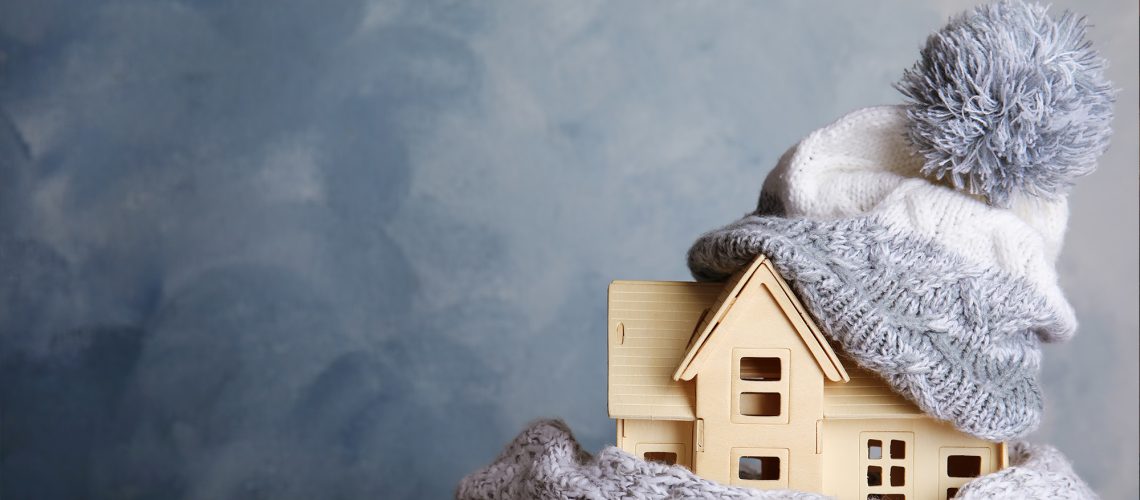Everyone wants lower gas bills. Throughout the summer months, it is relatively easy to control your gas bills. All you need to observe is the hot water you use, although those with teenagers in the house may beg to differ! Once the cold weather sets in, our gas bills rise; that we know is going to happen. But how can we restrict the gas bills from sky-rocketing? Well, this blog is here to share some hints and tips that may help with your goal to lower gas bills.
Changes that don’t cost a penny – habits
For those of us that require very warm living spaces for health reasons, some principles below still apply, but please continue to provide the heat you need.
Human behaviour is one of the most expensive factors with home heating bills. Our desire for warm indoor temperatures will cost money. You may read that the average indoor temperature for a UK home is 21ºC. However, we can live comfortably between 16ºC-19ºC Here’s a good rule of thumb: Only one layer less indoors (e.g. a coat) than when you go outside, except in sub-zero temperatures. If you find you are putting a coat and a jumper on, it may be that your home is too warm.
Thermostats
Keep the room thermostat and thermostatic radiator valves (TRVs) set and leave them alone. When a heating system is commissioned, we balance the radiators to provide even heating throughout the home. The main heating thermostat provides the settings you desire for heating throughout the day. Altering these settings can cause the boiler to run for long periods, leading to an unnecessary consumption of gas. Boosting the heating, either via your timer or app works better for those extra cold mornings or evenings, or if you find yourself at home at a time you normally wouldn’t. If you find that you are constantly boosting the heating and the boiler isn’t providing the heat you want, there may be a problem with the central heating system.
Air Flow
Keeping internal doors shut will ensure that each radiator operates effectively. Leaving the doors open causes heat to escape and rise to other areas of the home, making that radiator inefficient. We are all guilty of this from time to time; as I sit here and type, I’ve just noticed that the door to this room is wide open!
Alterations to your house that lower gas bills
Energy efficiency is key to lower gas bills. There are two aspects to your heating efficiency: heat input and heat loss. Any alterations you can make to your house will positively influence the heat loss aspect of heating efficiency. Let us go through some of the key actions you can take to improve the heat loss of your property. You may also be entitled to government grants. Visit Simple Energy Advice to check if you are eligible.
Insulation
Probably the cheapest alteration to your house, insulation provides the ‘blanket’ around your home. Loft insulation traps the heat as it rises through the house. This prevents the heat from escaping through the roof, which means the house heats quicker and takes longer to cool down. Loft insulation is installed easily and at low cost. Wall or cavity insulation fills the gap in between the two layers of bricks in the walls of your home. This works in the same principle as loft insulation and traps warm air in the home. You will need a professional company to install cavity wall insulation and in some cases, your property may not be suitable.
Doors and Windows
Double glazing windows and doors will kill the drafts in the house and provide better insulation against the cold weather. Windows and doors are the greatest source of heat loss in a property. If you are in a position to upgrade your double glazing it will make a huge difference to the comfort of your home and to your gas bills.
Upgrades to your central heating
There are several upgrades that may improve your heating system. If you live in Leeds and find that your heating isn’t adequate, please get in touch.


